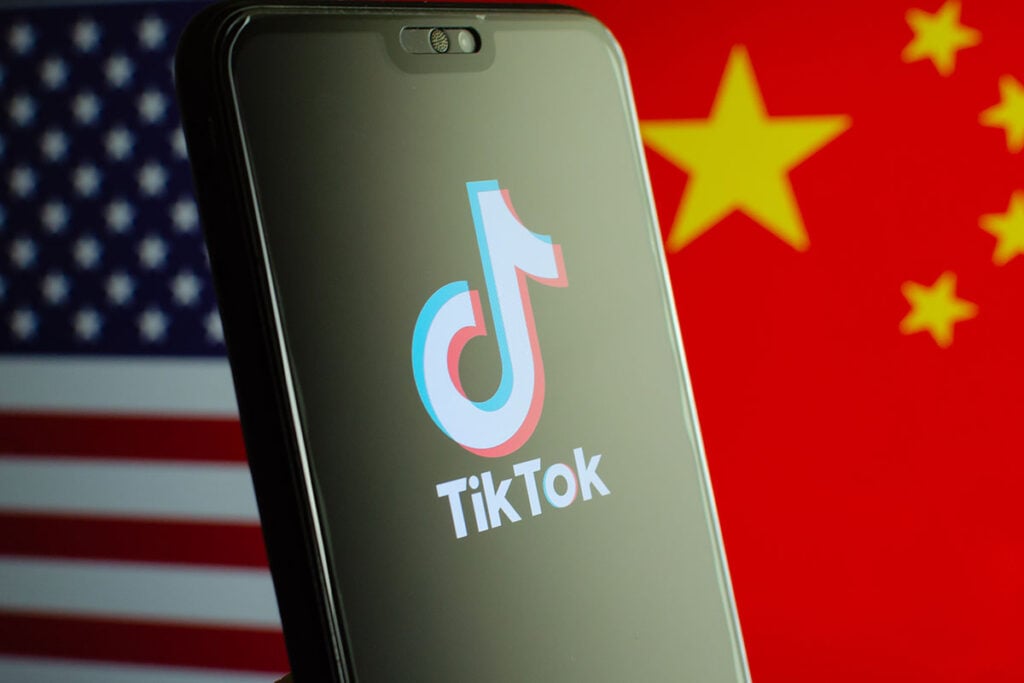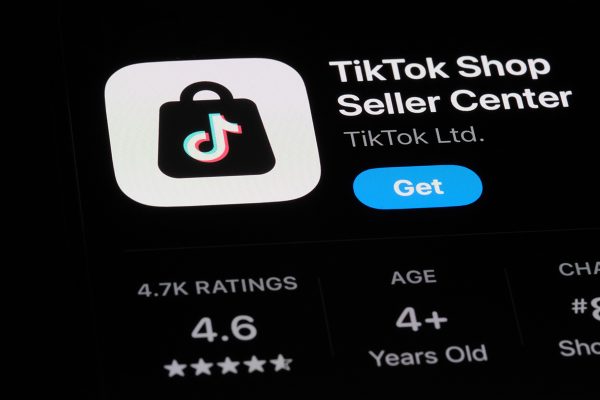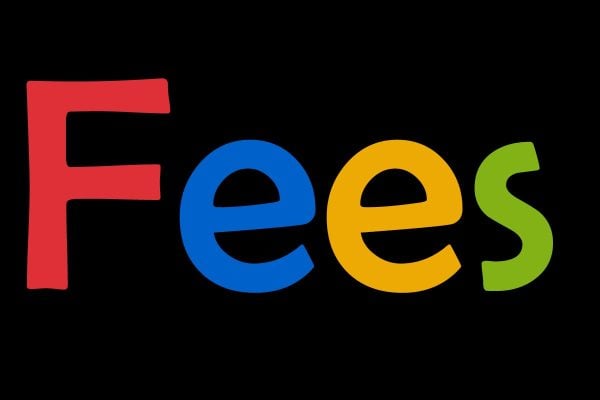The US Senate has passed a Bill to force Bytedance to either sell the Chinese stake in TikTok or face a ban in America. President Biden has already said he will sign the Bill the minute it hits his desk.
What’s at stake? Well firstly millions of US citizens will be mega annoyed if TikTok is banned. But more importantly millions of businesses will lose revenue, creators will be out of a job and employees no longer needed to pack orders will be laid off. Oh and the government will lose a chunk of revenue meaning they’ll probably have to tax citizens more.
In their US Economic Impact report drawn up by Oxford Economics TikTok say:
- TikTok made a total GDP contribution of $24.2 billion in the US
- 224,000 jobs were supported by SMBs use of TikTok as a platform to grow and expand their business;
- SMBs use of TikTok as an advertising and marketing platform supported a total of $5.3 billion in taxes to the US government in 2023;
- and TikTok’s US operations themselves supported an additional $8.5 billion contribution to the GDP, $2 billion in taxes, and 59,000 jobs across the US economy in 2023.
The argument is that the US doesn’t like the thought of US citizens data ending up in the hands of the Chinese government. This is something TikTok denies although their case wasn’t helped when it turned out employees tracked journalists through their IP address – US and Chinese Bytedance employees were fired. Setting that aside, if TikTok was US owned it wouldn’t be a problem for the US Government, they just don’t like or trust the Chinese that much.
If TikTok was to be sold, there are two major problems – firstly who has pockets deep enough to buy it and secondly while Bytedance might be forced to sell the TikTok app, they’re highly unlikely to sell the algorithm behind the app that decides which video to serve up to you next. Buying the app without control of the algorithm isn’t going to make a particularly attractive deal!
If TikTok is to be banned, it would be removed from general download sites so when you get a new smartphone it would be a real pain to get your TikTok app back. 170 million US users might make for quite a big backlash against politicians when they realise they’ve lose their entertainment and for seven million businesses their income as well. Freedom of speech is the Fourth Amendment to the US Constitution and cutting off TikTok won’t be welcomed by many.
On the economic side, Instagram and YouTube have both been trying to make themselves more TikTok like, but neither have the track record of TikTok in actually generating significant ecommerce sales. They’re still playing around the edges and in truth, TikTok shop is the best thing that’s hit ecommerce for both small businesses and brands since the first marketplace giants emerged. Creators might be able to scrape a living on Instagram, but the platform still isn’t set up and operating in a manner that could replace the millions of sales that TikTok generates.
The Bill would give 9 months for the TikTok app to be sold with a grace period of three months to complete the sale. The reality is that there is likely to be a big legal showdown at some point and lawyers for TikTok will do their best to drag this 9 months out into years. And that’s even if a buyer can be found.










One Response
On your question of who would or could afford to buy Tiktok it appears that even before the US government passed the bill Steve Mnuchin, the former US Treasury Secretary had a consortium all put together and ready to offer a fire sale price. I’m not saying he had inside information and US government money, but he seemed remarkably well prepared.
There are a couple of others who have expressed interest, but maybe not so seriously.
Tiktok’s CEO, Shou Zi Chew, made clear in his statement yesterday that they weren’t selling and would fight any ban or forced sale all the way through the US court system.
The Chinese Government has said that they would strongly oppose any forced sale. They are likely to use export control regulations to block the sale or only permit the sale of the company but not it’s core algorithm (rendering it effectively valueless). They’ve hinted in an opaque fashion at equivalent moves against US businesses, blocking US agricultural imports to China and accelerating the ongoing de-dollarisation of their trade.